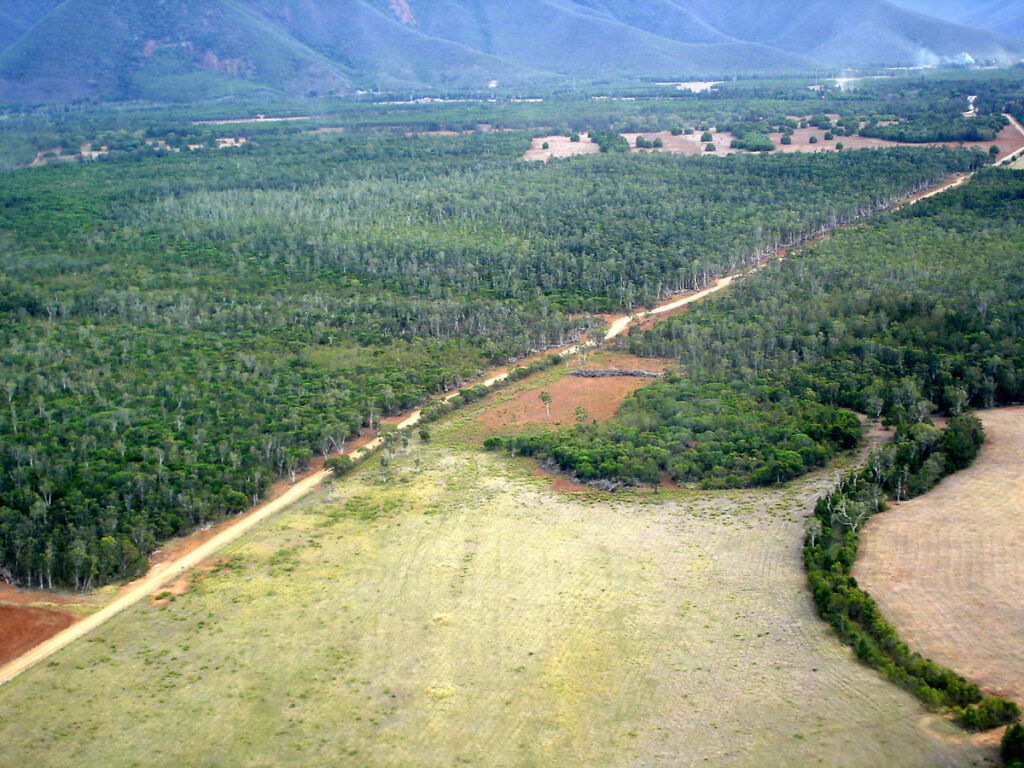[LUM#13] “If we don't change, it will happen again.”
"Completely predictable." That's how Serge Morand* describes the COVID-19 pandemic. And that's good news: it means we know how to limit the risk of future epidemics . Explanations from the ecologist and evolutionary biologist at theInstitute of Evolutionary Sciences in Montpellier.

You mention a direct link between declining biodiversity and an increase in epidemics. How can this be explained?
We often think of biodiversity loss as an ecological crisis, but in reality it is also a health crisis. When biodiversity is high, there is a wide variety of potential pathogens such as viruses, but they circulate quietly, meaning that they are transmitted with moderate efficiency and are unlikely to end up infecting humans. On the other hand, when biodiversity declines, it promotes contact between wildlife viruses and humans, thereby increasing the risk of disease transmission.
How do these contacts occur?
The decline in biodiversity is attributable to human activities: urbanization, resource exploitation, and above all industrial agriculture and livestock farming are responsible for deforestation and the destruction of natural habitats. Predators may disappear, which disrupts the entire balance of ecosystems and can promote the emergence of pathogens. But above all, these activities bring together species that would never have encountered each other in nature: wild animals and domestic or farm animals. In this way, we are creating new interfaces that are conducive to the spread of viruses. A prime example is the Nipah virus that struck Malaysia in 1998. It appeared when bats, driven from their habitat by palm oil exploitation, began to come into contact with pig farms, and once infected, the pigs were consumed by humans. In the case of the coronavirus, we are now certain that it also comes from a bat, but the so-called "intermediate" host, the one that enabled the virus to acquire the genetic determinants necessary to infect humans, is not yet known.
Are there more and more new epidemics?
Yes, globally, the number of epidemics has increased more than tenfold between 1940 and today. Not only are there more of them, but above all, they are becoming globalized and no longer confined to the country where they emerged. Since the 1960s, we have seen a significant acceleration in this trend. The reason for this is the intensification of trade. In fifty years, air traffic has increased by 1,300%!
At the same time, tourism skyrocketed, increasing by 5,600%. COVID-19 is a disease spread by international travel. This pandemic was entirely predictable; all the conditions were in place for an emerging infectious disease of this type to spread rapidly across the globe.
If we could have predicted this pandemic, how can we protect ourselves from future ones?
We need to change the whole way we approach ecosystems, starting with our global agri-food system. Intensive livestock farming is a prime example: the total weight of cattle on the planet is greater than the total weight of humans! To feed all these animals, vast areas of land are deforested to produce soybeans or corn, which destroys natural habitats and encourages intensive monocultures. Yet we need to move away from these single-purpose landscapes in favor of non-specialized mosaic environments. We need to recreate multifunctional territories. We need to move towards a more territorialized agroecology and agronomy, which also means giving back autonomy to the territories. To achieve this, the entire common agricultural policy needs to be overhauled, starting with renegotiating agricultural debt in order to move towards agroecology.
So we need to radically transform our agri-food system?
Yes, but not only that. There are some really big changes that need to be made: we need to deglobalize our economies, reduce mobility, and relocate economic activities. We need to move towards less tourism and more sustainable tourism, and we need to consume locally. The coronavirus crisis has led to a real awareness of the need for change. It's a really interesting time for everyone involved in agronomy, forest ecology, agroecology, and the local and circular economy. It's a real challenge for the new generations of students, and we need to give them the freedom to take it on and trust them. These changes will benefit everyone: biodiversity, the climate, farmers, but also our health and well-being. In any case, we have no choice but to make this shift: if we don't change, it will inevitably happen again.
Find UM podcasts now available on your favorite platform (Spotify, Deezer, Apple Podcasts, Amazon Music, etc.).
*Isem (University of Marseille – CNRS – IRD – EPHE)